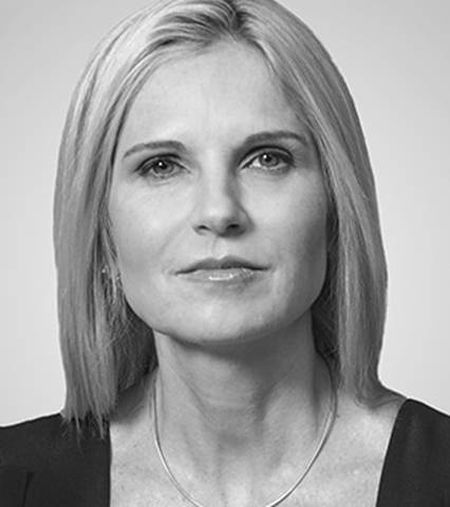The latest Sassa crisis has been well-covered in the news. What is less well-known is just how the shareholders of Cash Paymaster Services, Net1 UEPS, have utilised the database of grant recipients to cross-sell a range of additional services to them through a network of subsidiary companies. These include MoneyLine, which provides microloans, EasyPay Everywhere, which sells smart cards, Manje Mobile, which sells utilities such as airtime and electricity, and SmartLife, which offers insurance.
The relevant payments are automatically deducted from the grants. This is where the real problem emerges – many of the people who receive grants are lured, possibly unknowingly, into purchasing these services via SMS messages. The Net1 assurances that the new two-year contract with Sassa is “fantastically good for Sassa” should read, it is “fantastically good for Net1”.
From a government tender process perspective, any future social grant payment processor should be explicitly prohibited from cross-selling of any services to the poor, particularly those related to financial services. No exceptions.
Companies which exploit their positions to derive additional commercial advantages with no consideration of the moral factors are not new on the scene. What has been truly disappointing in the entire debate has been the distancing of the shareholders, read “owners”, of Net1 from the issues at stake.
The largest shareholders in Net1, according to Thomson Reuters, are Allan Gray who, through various Allan Gray accounts, holds 15.6% of the issues shared capital of Net1 on behalf of its individual and retirement fund investors as at March 1, 2017. Allan Gray, similarly to other asset managers, has a publically available policy on how it incorporates sustainability considerations, such as environmental, social and governance issues, into its investment decision-making. Among the factors it lists, as being taken into account when making investment decisions, are the corporate culture and ethics of the companies it invests in. It would be interesting to see an internal research report produced by the Allan Gray research analyst in charge of Net1 on the company’s compliance with the above.
This article is not meant to single out Allan Gray. After many years in the asset management industry I cannot help but feel that for many asset managers, compliance with ESG policies is mere lip service rather a real issue. Investing in African Bank was another such example. These policies are drafted for PR purposes with very little real-life application. Shareholder activism does not exist in any meaningful form.
Most asset managers forget that they are the custodians of the savings of many South Africans who would be appalled to know that they own shares in Net1 which, it appears, exploits the poorest strata of society to make a profit.
The Sassa saga was an opportunity for Allan Gray and other owners of Net1 to stand up and intervene in the manner in which the situation was handled by Net1 and in the pricing strategies it deployed. More importantly, they should have reviewed the business model of a company which cross-sells services to the poor and assessed it against its own ESG policies earlier on in their investment process.
They might not be able to change the business model of Net1 through shareholder activism alone. They can, however, choose not to hold its shares, based on ethical considerations. If more shareholders followed this approach Net1 would be forced to change its business model.
The Sassa saga is more than a failure of government to look after the interests of the poor. It is a failure by corporate South Africa to do the same. DM
Magda Wierzycka is CEO of Sygnia Limited, an investment management company.




